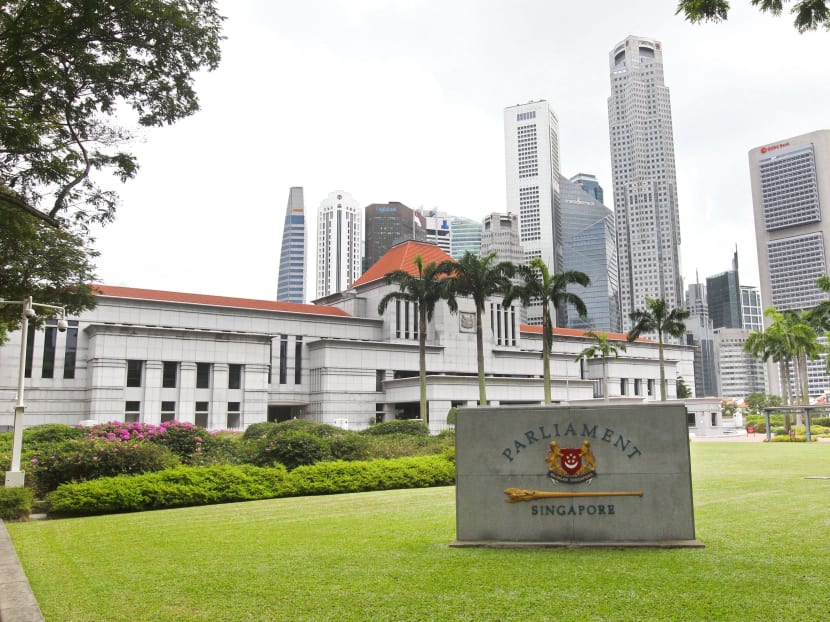Cabinet changes aimed at gearing up for next election
Yesterday’s Cabinet changes are in all likelihood the last before Singapore goes into its 12th General Election, which must be held by Jan 9, 2017. Not so much a reshuffle, the Cabinet changes are deliberately limited and targeted. This should not come as a surprise as they come barely a year since the last reshuffle and is the fifth change to the Cabinet line-up since the last election in May 2011.
Yesterday’s Cabinet changes are in all likelihood the last before Singapore goes into its 12th General Election, which must be held by Jan 9, 2017. Not so much a reshuffle, the Cabinet changes are deliberately limited and targeted. This should not come as a surprise as they come barely a year since the last reshuffle and is the fifth change to the Cabinet line-up since the last election in May 2011.
Given the imminent shifting of gears to election mode, there will be limited scope and patience for policy experimentation. Nor will there be the pressure for significant changes as much of the across-the-board heavy lifting, such as the Pioneer Generation Package and SkillsFuture, have been done between 2011 and last month’s Budget.
The Ministries of Manpower (MOM) and the Social and Family Development (MSF) welcome new Ministers in Mr Lim Swee Say and Mr Tan Chuan-Jin, respectively. The changes are smart; they seek to have Mr Lim and Mr Tan hit the ground running in their new ministerial coordinates.
Mr Lim’s eight-year tenure as the NTUC Secretary-General will enable him to manage with deep knowledge and nuance the various pressing issues facing the labour movement. These include fine-tuning the local-foreign manpower component and their integration, changes to the Central Provident Fund to make it more robust to better cater to retirement needs, and developing SkillsFuture, the latest initiative in support of the national movement to develop Singaporeans’ fullest potential throughout life.
Likewise for Mr Tan, who takes over at MSF from Mr Chan Chun Sing, who has just been elected NTUC’s Secretary-General. Mr Tan’s appointment demonstrates the Government’s intent to challenge and expose the rising fourth-generation leaders to ministerial assignments in the social and environment portfolios. It also signals the recognition of how familial and societal well-being is intimately tied with gainful employment and opportunities to upgrade. Mr Tan will add a new dimension to the increasingly significant issues of developing societal bonds, enhancing the family’s role in our society, as well as the widening and strengthening of the social safety net.
The new roles for Messrs Lim and Tan indicate the intention to tap their experience and expertise in their former roles, reaffirm the appreciation of the polycentric nature of issues of the day, while valuing the benefits of fresh perspectives.
COMING OF AGE FOR MALAY POLITICIANS
While the changes may be criticised as being too conservative, they reinforce the policy preference for incremental change and developing the keen eye and ear for systemic effects that come from issues that increasingly cut across the various government ministries and agencies.
Increasingly, the government’s ability to “join the dots” across various policy initiatives is a growing imperative in a more complex governance environment. This also entails better whole-of-government coordination, reaping of synergies across policy domains, and managing trade-offs at a systemic level.
Politically, the government is indicating that younger office-holders should cut their teeth and hone their political acumen in what has been traditionally regarded as not-so-glamorous ministries. Hence, the deployment of Mr Chan to the labour movement and Mr Tan to MSF in this latest round of changes can be seen in that light.
While technocratic expertise and flair are still valued in the Cabinet, the accent in recent years has been on developing political nous and sensitivity as well as nurturing new approaches to reach out to and engage a more demanding electorate.
With the promotion of Mr Masagos Zulkifli Masagos Mohamad to a full Minister, there are now, for the first time, two Malay Ministers in the 17-member Cabinet. This demonstrates the coming of age of the role of Malay politicians in our national leadership. And they are handling significant portfolios at the full ministerial level. While numbers should not be the sole measure of political relevance and effectiveness, the fact that Malay ministers are tasked with handling non-traditional and even sensitive portfolios is significant. There are other Malay political office-holders in a variety of portfolios such as Defence, Transport, Health, National Development, Manpower, and Education. This is another measure of the progress of the Malay community and of multiracialism in Singapore.
Overall, the Cabinet changes signal Prime Minister Lee Hsien Loong’s intent to consolidate and refine the broad swathe of significant policy changes since May 2011 before going to the next polls. The imperative on the political home-stretch is to ensure effective and efficient implementation of policies so that their policy objectives are realised and the benefits accrue to Singaporeans and Singapore.
With this latest round of changes, the signs are that the next GE will probably be called before 2015 comes to a close.
ABOUT THE AUTHOR:
Eugene K B Tan is associate professor of law at the Singapore Management University School of Law.







